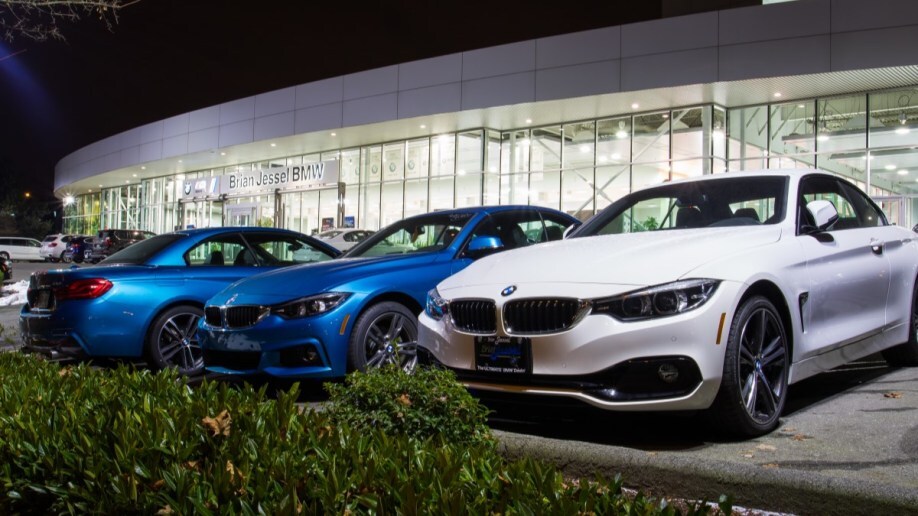
The sale price of the average new car has now declined for three straight months. Dealers are once again starting to offer incentives to help sell new cars. The supply of new cars available for sale is beginning to recover from a long decline caused by global supply chain problems.
Used car prices, meanwhile, may be on the opposite path. We expect used car prices to rise soon, and the nationwide inventory is slightly short heading into the usually brisk spring selling season.
Measuring Dealer Sentiment
The Cox Automotive Dealer Sentiment Index surveys 1,022 U.S. auto dealers – 571 of them franchised dealers and 451 independent – once a quarter. It asks them to rate their confidence – strong/increasing, average/stable, or weak/decreasing, along with a “don’t know” opt-out – on several aspects of their business. Their responses are then averaged on a 100-point scale, with 100 representing full confidence and 0 representing no confidence.
Cox Automotive is the parent company of Kelley Blue Book.
Why It Matters to You
We report dealer sentiment to car shoppers so you’ll understand who you’re negotiating with as you buy your next car. The car buying process is not a zero-sum game. What’s good for dealers can be good or bad for shoppers.
But knowing that the dealership expects to make few sales in a quarter helps you understand your leverage.
Dealerships have had a tough few years.
At 43, the current market index is below the threshold of 50, indicating more dealers view the current auto market as weak. That’s the same score as last quarter but a full 14 points lower than this time a year ago.
Dealers are a little more confident in the short term. Looking at the next three months, dealers rate their confidence at 52 – 11 points higher than last year’s second quarter.
“Auto sales are slow by historical standards, but the sales pace has been improving in early 2023, giving dealers reason to feel somewhat optimistic about the year ahead,” says Cox Automotive Chief Economist Jonathan Smoke.
It’s Getting More Expensive To Run a Dealership
One reason for the skepticism? Costs. In Q1 2023, the cost index – specifically the cost of running a dealership – climbed three points quarter over quarter to 75; it is now one point below the record high.
Franchised dealers say their profits are strong – they average a score of 63, thanks, no doubt, to higher sale prices. But independent dealers are far less profitable, giving themselves a score of just 36 on profitability.
Worries: Interest Rates, Recession Fears
Overall, interest rates are now the top factor holding back dealer business in the U.S. Fifty-five percent of dealers cited interest rates as their biggest concern.
Fifty-four percent worry about the direction of the economy as a whole.
Inventory Improving
Franchised dealers feel their inventory is growing as a global microchip shortage starts to ease. They rate their confidence in the supply of new cars at 63 – far higher than the 25 they gave the supply chain last year at this time.
About half of dealers think they have the right mix of cars, trucks, and SUVs available right now.
Dealers are almost neutral on their supply of used cars, rating their faith in used car inventory at 52 – the first time the index has crossed 50 since 2021.
Cox Automotive analysts think used car prices could begin to rise soon as that supply constricts. The wholesale prices dealers pay for the used cars they later sell rose in February.
Dealers Feel Pressure To Lower Prices
The Price Pressure Index measures how much pressure dealers feel to lower prices. It increased to 61 in the first quarter, up from 57 at the end of 2022. The index is significantly higher than a year ago when it was 37, but remains below pre-pandemic levels when it averaged 64.
Browse dealer reviews, or share about your experience at a dealership here.







